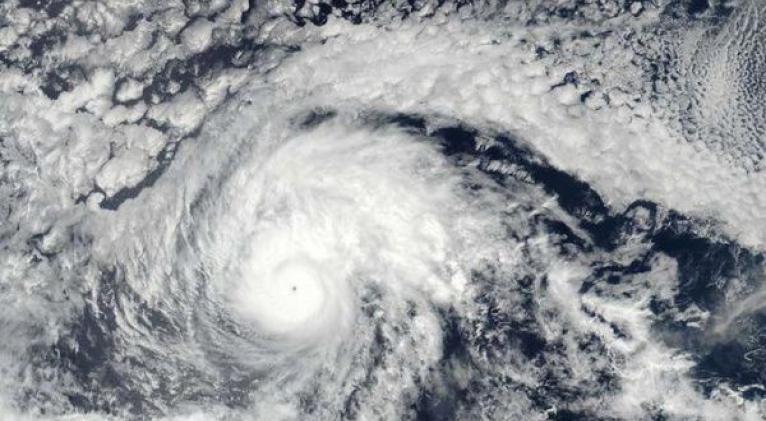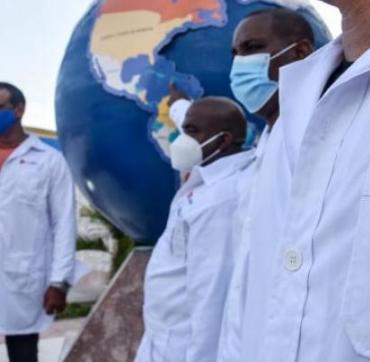WMO Categorizes 2023 as a Year of Climate Collapse
especiales

The World Meteorological Organization (WMO), made public a report that shows the climate collapse that the world faced during 2023 and also faces today.
RELATED:
Brazilian President Postpones Visit to Chile to Focus on Floods
In Latin America and the Caribbean, 2023 was the warmest year on record. According to the weather organization, the past two decades have seen an increase in the rate of ocean warming, and the ocean’s heat content in 2023 was the highest ever recorded.
Between 2000 and 2019, there was an average annual excess of heat-related mortality in the region of 36,695 deaths. Only 38 per cent of Members of the World Meteorological Organization (WMO) in the region indicated that they offered climate products adapted to the health sector.
For its part, sea levels continued to rise above the global average on much of the region’s Atlantic coast, threatening the coastline of several small island developing States and countries.
Hurricane Otis also made landfall as a category 5 cyclone near Acapulco (Mexico), resulting in heavy loss of life and infrastructure. It was the most powerful ever recorded and one of the most rapidly intensified.
Heavy rainfall caused many deaths and economic losses throughout the region. In São Sebastião (Brazil) 683 mm of rain accumulated in 15 hours, resulting in a landslide that resulted in the death of at least 65 people.
A severe and intense drought, exacerbated by heat waves, ravaged vast expanses of Latin America in 2023. By the end of the year, 76% of Mexico had suffered from drought to some extent. The flow of the Negro River in the Amazon reached an exceptionally low level, unprecedented since observations began in 1902.
In the Panama Canal, maritime traffic has been restricted since August by the low water level. Unusually high temperatures and dry conditions also affected wildlife.
In Lake Tefé, in the Brazilian Amazon, the water temperature reached a historic high, which resulted in the death of more than 150 river dolphins (Boto-cor-de-rosa). Many countries in the region suffered agricultural losses due to extreme weather and climate events, exacerbating food insecurity, especially in communities dependent on agriculture for their livelihoods.
Atmospheric concentrations of the three major greenhouse gases reached new record highs never seen in 2022.














Add new comment